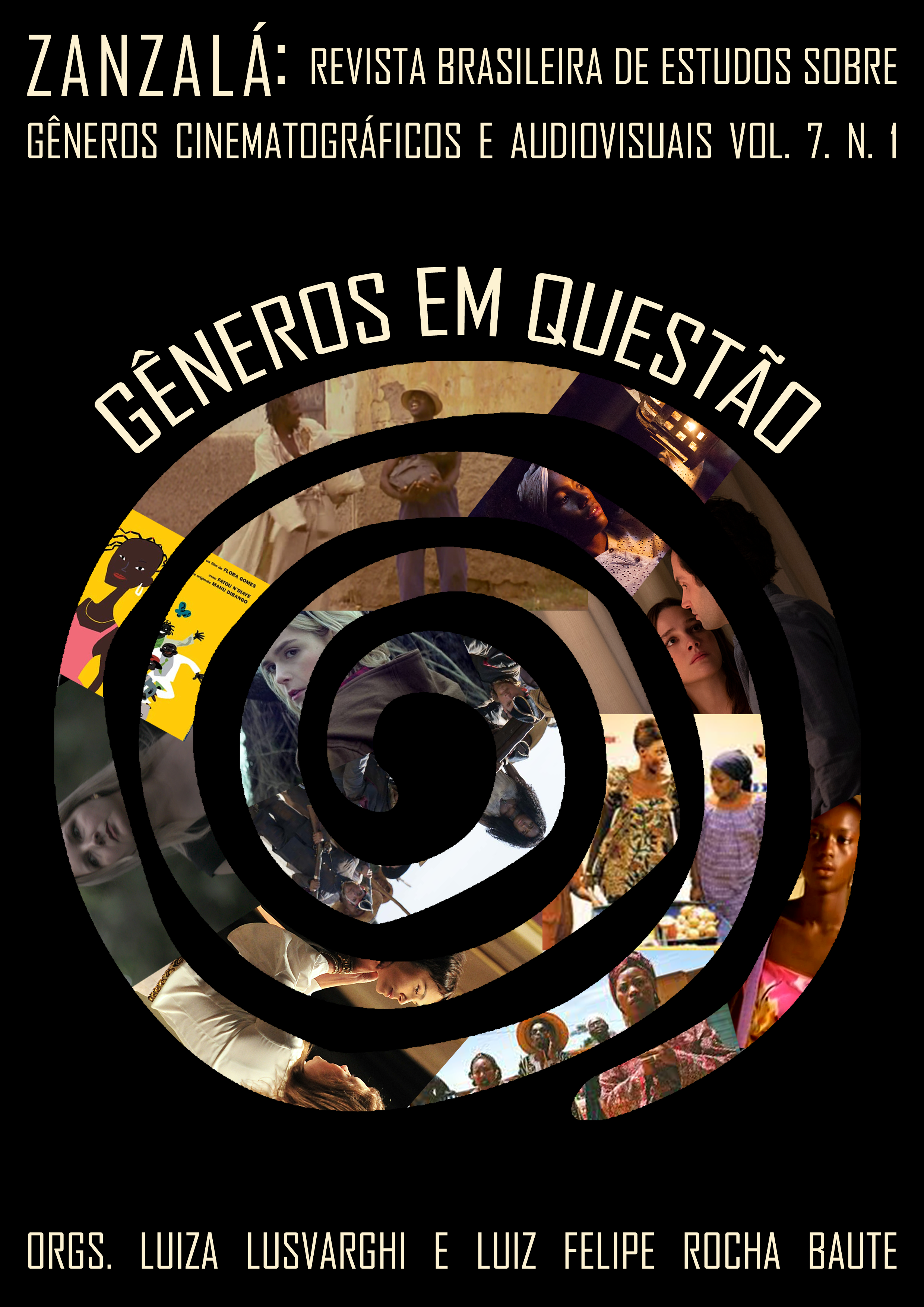Sabrina e Carmen, as bruxas rebeldes
feminismo, hibridação cultural e questões de gênero nas séries originais teen da Netflix
DOI:
https://doi.org/10.34019/2236-8191.2021.v1.36846Resumo
O objetivo deste artigo é analisar as relações entre a ficção seriada teen produzida pela Netflix e a representação das relações de gênero nas séries O Mundo Sombrio de Sabrina (EUA, 2018-2020), baseada no Comic Book homônimo da personagem, e Siempre Bruja (Colombia, 2019), uma adaptação da novela de Isadora Chacón Yo, Bruja. Sabrina Spellman é uma típica adolescente estadunidense da década de 1960, período de lutas pelos direitos civis, que descende de um bruxo, Edward Spellman, e de uma mulher mortal. Siempre Bruja, que transcorre entre o século 17 e os dias atuais, em Cartagena, Colômbia, introduz a personagem Carmen Eguiluz, bruxa e escravizada de 1646, condenada a morrer na fogueira, que viaja para 2019 após fazer um acordo com o bruxo Aldemar. Ambas as séries abordam os conflitos culturais e disputas políticas entre o Novo Mundo (América) e o Velho Mundo (Espanha, Inglaterra), possuem protagonistas femininas e mesclam o gênero teenpics (Neale, 2000), popularizado por Hollywood, ao fantástico, aos filmes de aventura e à comédia romântica.
Downloads
Downloads
Publicado
Edição
Seção
Licença
Proposta de Aviso de Direito Autoral Creative Commons
1. Proposta de Política para Periódicos de Acesso Livre
Autores que publicam nesta revista concordam com os seguintes termos:
- Autores mantém os direitos autorais e concedem à revista o direito de primeira publicação, com o trabalho simultaneamente licenciado sob a Creative Commons Attribution License que permitindo o compartilhamento do trabalho com reconhecimento da autoria do trabalho e publicação inicial nesta revista.
- Autores têm autorização para assumir contratos adicionais separadamente, para distribuição não-exclusiva da versão do trabalho publicada nesta revista (ex.: publicar em repositório institucional ou como capítulo de livro), com reconhecimento de autoria e publicação inicial nesta revista.
- Autores têm permissão e são estimulados a publicar e distribuir seu trabalho online (ex.: em repositórios institucionais ou na sua página pessoal) a qualquer ponto antes ou durante o processo editorial, já que isso pode gerar alterações produtivas, bem como aumentar o impacto e a citação do trabalho publicado (Veja O Efeito do Acesso Livre).

